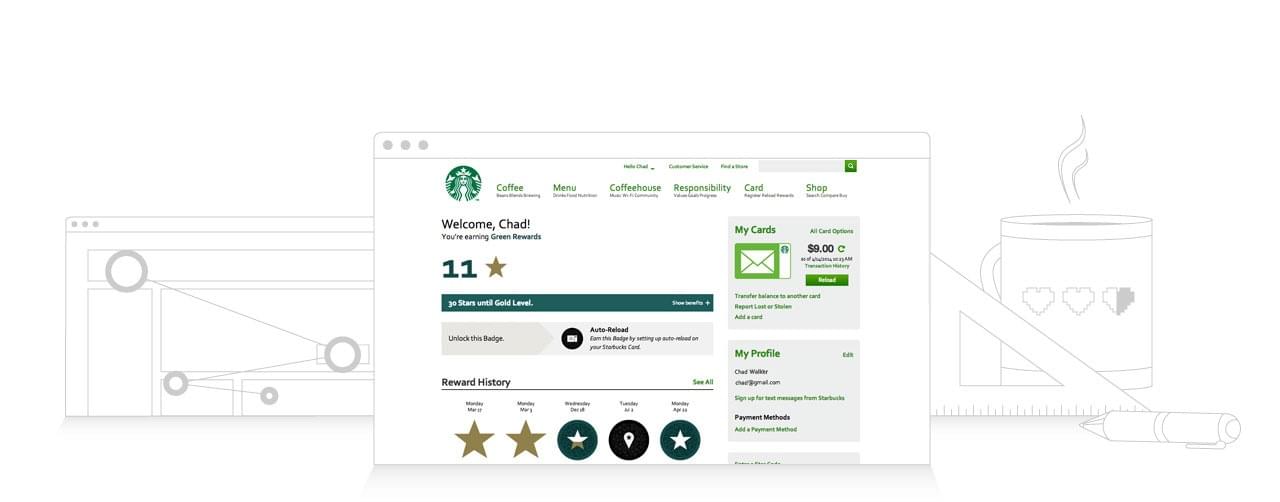For most white label partners, we recommend starting with the “conference bridge” setup as it is the most cost-effective option. We actually upgrade our white label partners to the “direct call” plan for FREE when you hit a certain level of customers with us. What are the Advantages of Front Facing vs. Back-End White Label. Rather, white label clothing is often entirely unbranded. With no branding label and only the necessary safety and care labels. Think of the difference between the label in the back of a t-shirt collar, and the one on the left side seam. How to sell white label products. White label products would usually be sent straight from us, to you. White label business opportunities are when manufacturers make unbranded products or services and sell them to resellers who brand them with their own names. Unlike a franchise business model in which you follow a company’s branding guidelines, a white label business allows you a lot of flexibility in marketing and branding. What is White Label Software? White Label Software is software that a company uses and brands it as its own software. Most of the time, White Label Software is sold under the software as a Service (SaaS) model. In essence, the company using the software is “leasing” or “renting” the software under a monthly or annual subscription. White label services and white label software are also pretty popular, allowing companies to create software packages with their branding based on a pre-existing solution, but since those aren’t generally sold on Amazon, today we’re specifically talking about physical white label products.
White label records are vinyl records with plain white labels attached. There are several variations each with a different purpose. Variations include test pressings, white label promos, and plain white labels.

Test pressings, usually with test pressing written on the label, with catalogue number, artist and recording time or date, are the first vinyl discs made at the factory. They are produced in small quantities to evaluate the quality of the disc before mass production begins.

In the U.S., the traditional term white label promo (often abbreviated as WLP) refers to a promotional pressing with a label that has mostly the same text and label logo/artwork as the commercial label, but with a white background instead of the color or artwork found on the commercial pressings.
Plain white label promotional recordings were produced in larger quantities by bigger record labels, often containing a biography of the band, to distribute as demonstration discs ('demos') to music distributors, and radio stations in order to assess consumer opinion.

Today, white labels discs are commonly used to promote new artists or upcoming albums by veteran artists. In some cases white labels are issued to conceal artist identities (examples of this include songs by Traci Lords and La Toya Jackson, whose record companies issued white labels so that DJs would have no pre-conceived notions about the music just by seeing who the artist was). Many dance musicproducers press copies of white labels in order to test crowd response in dance clubs to their own musical productions.
Use of white labels in house music and hip hop[edit]
Today, white labels are usually produced in small amounts (fewer than 300) by small record companies or DJs and are most popular with house music and hip-hop music DJs. In the early 1990s, hardcore techno and house artists created tracks in home or local studios and had five-hundred or a few thousand singles pressed on 12' white labels, which were easy to sell at dance music record stores.[1]
Steve Beckett of Warp Records recalls that 'shops would take fifty white labels off you for five pounds each, no problem. Dance music was all imports, then people in Britain started doing it for themselves, and their tracks started to get better than the tunes in America.' [1] Record labels like Warp, and Shut Up and Dance, were begun as white-label enterprises, providing cutting-edge dance music to pirate radio stations and music stores.[1][2]
Copyright and royalties[edit]
Many white labels contain unauthorized remixes or tracks that are not yet licensed or released (also called 'bootlegs'). White labels are referred to as 'promos' (short for 'promotional copies') that many top-name DJs receive and play weeks or months prior to the day of general release to the public. As artists using samples pay high fees for the privilege of such, they must be able to gauge the market potential of their tracks prior to approval. Recently, smaller promo services offer record companies a more economical means of distribution although these companies may not have the means to properly protect releases from illegal copying.
The industry itself seems to be aware of this necessity and white labels are commonly accepted as a necessary evil within the industry, which has only prosecuted a small number of those artists using white labeled pressings of uncleared samples and compositions.
White Label.com


See also[edit]
References[edit]
- ^ abcReynolds, Simon (1998). Generation Ecstasy: Into the world of Techno and Rave Culture. Little, Brown and Co. ISBN0-415-92373-5.
- ^'Editors review: Warp Records'. BBC. bbc.co.uk. Retrieved 2007-10-31.